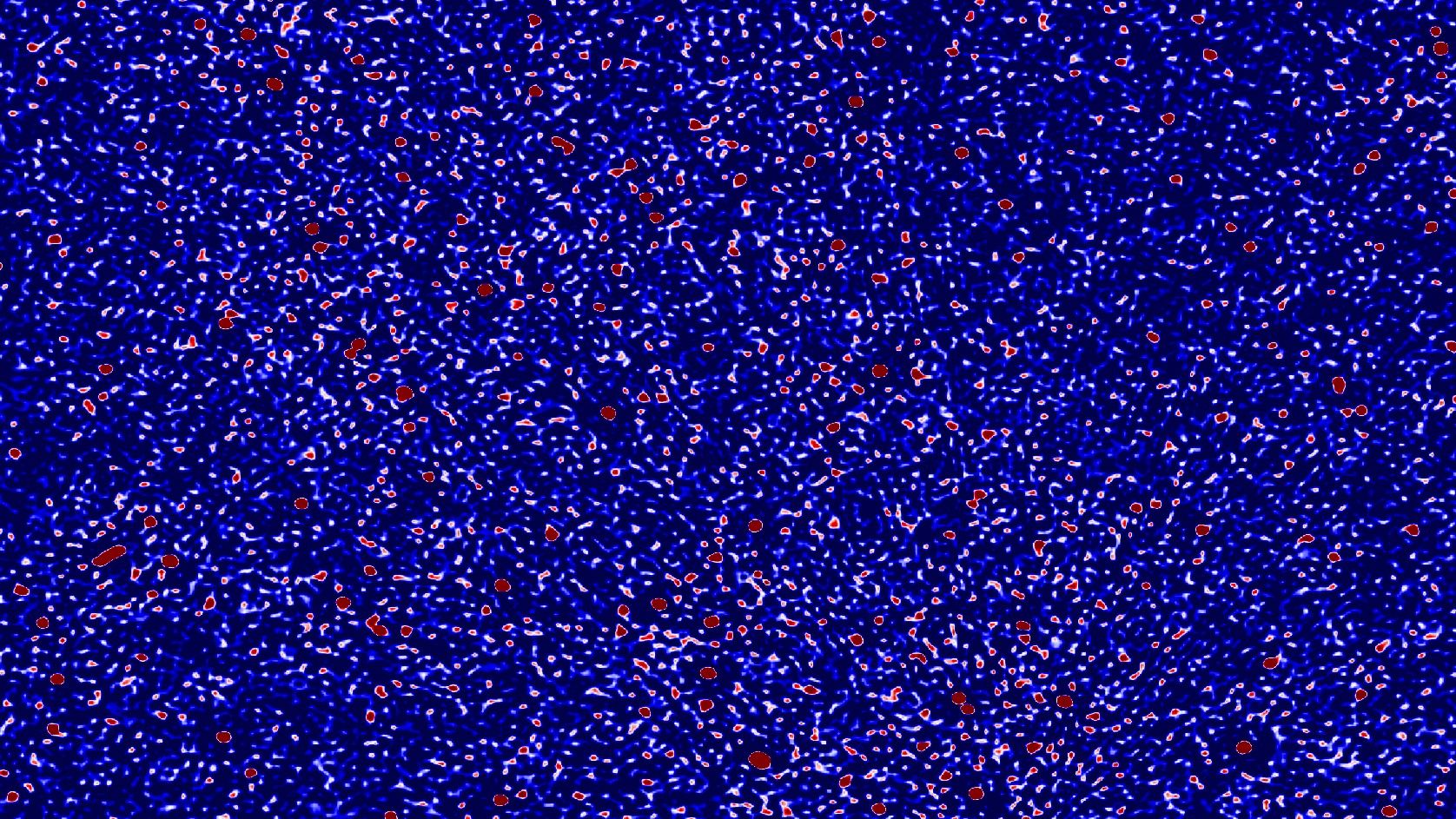Late-night scrolling, restless tossing and groggy mornings aren’t always the result of too much caffeine or poor sleep hygiene, but could also be signs of something deeper.
As ADHD diagnoses rise among adults, experts shed light on how the condition can impact sleep behaviors in ways that often go unrecognized. And if you’re experiencing any of these challenges, here are expert-backed strategies to help improve your sleep.
1. Sleeping And Waking At Atypical Times
Though often seen as simply being a night owl, there’s actually a strong neurological overlap between ADHD and circadian rhythm disruptions like delayed sleep phase syndrome (DSPS).
“People with ADHD often experience a delayed release of melatonin, making it harder to feel sleepy at conventional times,” said Dr. Chelsea Sarai, clinical psychologist and founder of the Brentwood Therapy Collective. “Combined with difficulty transitioning between tasks and regulating internal cues, their sleep-wake cycles naturally shift later and later, often without them realizing it.”
The brain of someone with DSPS is wired to come alive at night, which makes it challenging to match typical daily routines. A way to gradually shift one’s sleep schedule earlier is by getting exposure to natural light in the morning to help reset the body’s internal clock. “In the evening, reducing blue light exposure and maintaining a consistent wind-down routine can reinforce those shifts,” Sarai said.
2. Difficulty ‘Shutting Off’ The Brain At Night
Feeling physically tired but mentally alert can lead to long nights awake, and growing sleep debt. “A hallmark of ADHD is difficulty regulating attention, not just focusing when needed, but also knowing how to mentally disengage,” Sarai said. “At night, when external distractions fade, the brain suddenly has space to process everything that’s been pushed aside during the day. This often leads to a surge of racing thoughts or mental ‘noise’ that makes it hard to wind down and fall asleep.” These thoughts can resemble anxiety, but Sarai notes they’re not always anxious — they might be creative ideas or hyperfixations.
Be realistic about how long it takes to fall asleep and create a wind-down routine to support it. “It could look like writing down all the thoughts in one’s head before bed as a way to honor those creative thoughts and trust that you will get back to them at a more appropriate time,” Sarai said.
3. Trouble Waking Up Despite Adequate Sleep
Trouble waking up despite getting enough sleep is often brushed off as laziness, poor self-discipline or even a sign of depression. But in many cases, it can be attributed to having a delayed circadian rhythm and the ADHD brain struggling to shift from sleep to wakefulness, said Dr. Zishan Khan, a child and adolescent psychiatrist and regional medical director at Mindpath Health.
“Low dopamine and norepinephrine levels in the morning can also lead to grogginess, poor motivation and difficulty activating for the day,” he added. He suggests regulating the sleep-wake cycle by implementing consistent bedtimes and wake times, even on weekends, and using visual cues or alarms that gradually increase in volume or light.
4. Using Screens To Fall Asleep
Those with ADHD often turn to screens to calm a restless mind. “The sensory stimulation — visual, auditory or narrative — can help distract from intrusive thoughts or anxiety, making it easier to drift off,” Khan said.
For some, screens even mirror the level of internal alertness they’re used to, which paradoxically helps them settle. But because screens suppress melatonin and delay sleep onset, even if someone falls asleep while using one, their sleep quality may still suffer from continued stimulation or disrupted sleep cycles.
To support better sleep, try gradually replacing screen time with low-stimulation options like audiobooks, white noise or guided meditations. “Establishing a 30- to 60-minute wind-down period before bed is crucial, ideally involving non-screen activities that still provide sensory regulation, such as dim lighting, gentle music or tactile tools like weighted blankets,” Khan said.
5. Bedtime Procrastination
Delaying bedtime despite knowing it’s time to sleep is often tied to poor time perception and difficulty shifting away from preferred activities. “People with ADHD may hyperfocus on an enjoyable task late into the evening or delay sleep because it represents the end of their ‘free time’ after a demanding day,” Khan said.
In kids and teens, this can be mistaken for defiance. A consistent, rewarding bedtime routine with built-in cues and transitions can help. “Visual timers, reminders and positive reinforcement can help signal the winding-down process,” Khan said. “For those with ADHD, it’s key to build in extra time for this process, as it often takes longer than expected to shift gears.”
6. Frequent Middle-Of-The-Night Wakeups
People with ADHD often experience fragmented sleep due to arousal dysregulation and heightened sensitivity to environmental stimuli like noise or light.
“When they wake, which is normal even for good sleepers, they may struggle to fall back asleep due to intrusive thoughts or urges to engage in stimulating activities,” said Dr. Nicole Moshfegh, a licensed clinical psychologist and director of We Rise Psychology, Inc. These disruptions can prevent the brain from cycling through all the important stages of sleep, especially deep and REM sleep, leading to grogginess, reduced focus and memory, and less impulse control the next day.
If you wake up at night, avoid checking the clock or using screens, which can increase alertness. Instead, Moshfegh suggests practicing stimulus control: if you’re awake for 15 to 20 minutes, get out of bed and do a quiet, dim-light activity like reading or stretching until you feel sleepy. “This helps recondition the brain to associate the bed with sleep, not wakefulness.”
7. Oversleeping On Days Off
Sleeping in on days off often reflects an attempt to make up for late or inconsistent bedtimes during the week. “Without external structure, they revert to their intrinsic rhythm of going to bed and sleeping in later,” Moshfegh said of those with ADHD. “Oversleeping on weekends leads to social jet lag, a mismatch between biological and social clocks.”
This can make it harder to fall asleep Sunday night and leave you tired at the start of the week. To keep your sleep on track, stick to consistent wake-up times and get morning light, either by going outside or using a light therapy box, within 30 to 60 minutes of waking. “This light acts as a strong cue to anchor your internal clock and reduce daytime sleepiness,” Moshfegh said.
Here’s When To Consider An ADHD Assessment
If you consistently struggle to fall asleep, stay asleep or wake up feeling unrefreshed despite practicing good sleep hygiene, and these issues coexist with difficulties in focus, organization, time management or emotional regulation, it may be worth seeking an evaluation for ADHD.
“This is especially true if sleep difficulties have been lifelong or began in childhood, and if they interfere with daytime functioning at school, work or in relationships,” Khan said. “It’s important to view sleep problems not in isolation, but in the context of other symptoms that may point toward a broader neurodevelopmental condition.”
Source link

